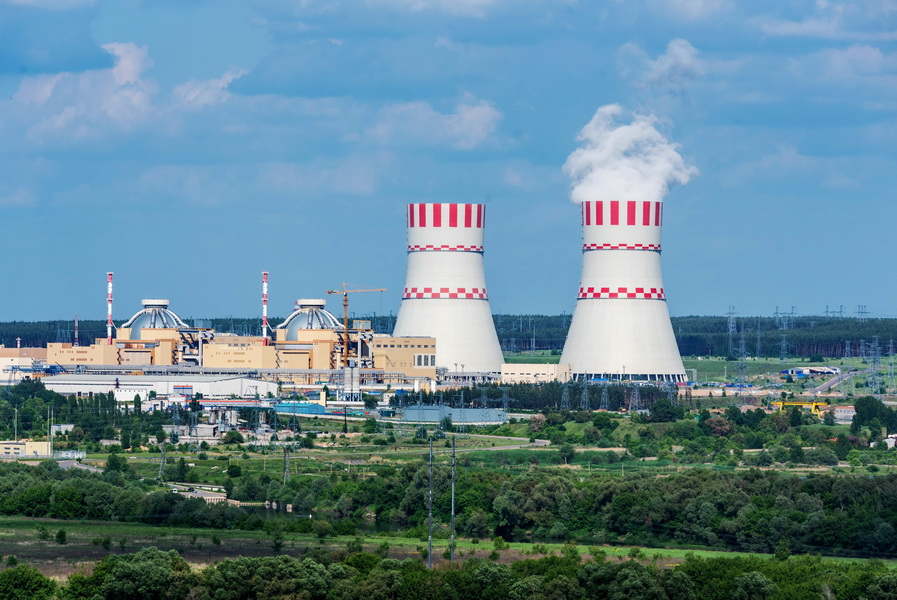The construction of a nuclear power plant (NPP) in Uzbekistan has sparked debate, with concerns raised by experts, scientists, and environmentalists regarding potential risks and the country's readiness for such a complex project, news agency Cabar Asia reports.

Construction and Collaboration
In autumn 2024, the construction of a nuclear power plant began in the Jizzakh region of Uzbekistan, close to the border with Kazakhstan. This initiative, following several agreements with Russia, marks a new chapter in Uzbekistan's energy policy, as the country has no prior experience with nuclear projects. The plant is designed to use modern technologies, which are expected to alter the region's energy landscape.
A key agreement for the project was signed in 2018 between Russia and Uzbekistan, and additional agreements followed, with the latest signed during Russian President Vladimir Putin’s visit to Uzbekistan in May 2024. The project involves the construction of small modular reactors (SMRs), specifically RITM-200N reactors, to generate 330 MW of electricity, and is being implemented in cooperation with Russia’s Rosatom and various international partners.
Risks and Concerns
Seismic Activity
The location of the nuclear plant in a seismically active zone raises concerns about the safety of the reactors. Despite advanced technologies, earthquakes could pose serious risks to the facility’s infrastructure, with potentially catastrophic consequences. Experts emphasize the need for rigorous seismic research and enhanced safety measures, which could drive up costs.
Lack of Transparency
Another concern is the lack of transparency and public consultation regarding the project. Many activists and local communities have expressed frustration over the insufficient information available about the plant's safety protocols and environmental impact.
Radiation Safety and Waste Management
Experts, including radiation safety specialist Ilya Bystritsky, argue that systemic changes in radiation safety are needed to ensure the plant's operations do not harm the public. Uzbekistan is also facing challenges in managing radioactive waste, with no specialized facilities in place to handle different types of radioactive materials.
Svetlana Mogilyuk, an environmental expert, highlights the long-term ecological risks posed by the plant, including the management of radioactive waste, which remains a major issue in other countries with nuclear plants.
Environmental and Water Risks
The nuclear plant’s potential impact on Uzbekistan’s ecosystems and water resources is a major concern. Experts worry about the plant’s water consumption, particularly for cooling the reactors, and the potential for pollution in the event of an accident. There is also concern about the plant’s proximity to Kazakhstan, where major cities like Shymkent and Turkistan could be affected by any environmental incidents.
Aiman Tleulesova, an expert on water management, points out that the project could exacerbate water allocation issues between Uzbekistan, Kazakhstan, and Kyrgyzstan, particularly in light of the already fragile water resources of the Syr Darya River and the Aral Sea region.
Geopolitical Risks
The involvement of Russia and China in the project raises political concerns. Uzbekistan's reliance on these countries for key components and technology could expose the country to risks in the event of geopolitical tensions or economic disagreements.
Moving Forward
Despite these concerns, the Uzbek government remains committed to the project as part of a broader strategy to diversify its energy sources and reduce reliance on coal and natural gas. By 2030, Uzbekistan plans to expand its nuclear power capacity and integrate small reactors into the country’s energy mix, contributing to its goal of achieving carbon neutrality by 2050.
Comments (0)